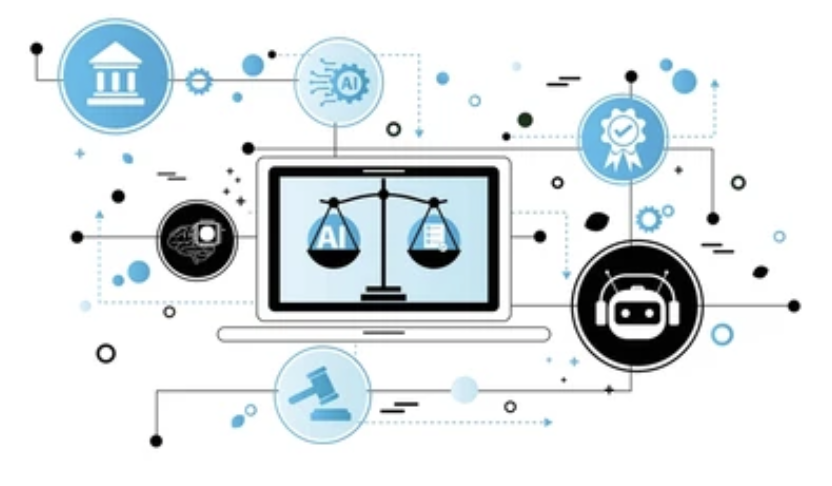


Day 1
The Age of Discovery began 500 years ago. Today, The Yuan embarks on its own voyage of discovery of intelligence. Our contributors, who span the continents, undertake to find extreme answers to the question of ‘What can we do when AI outsmarts humans?’ On day One, Emmanuel Goffi joins this adventurous expedition from Paris, la capitale de la Révolution and la ville lumière.Shifeng Wang
Chief Editor, The Yuan
PARIS - When asked to think about the concept of ‘when AI outsmarts humans,’ I immediately thought to myself, “Why are they asking me ‘when’?” The reality is that artificial intelligence (AI) already outsmarts humans in many domains, and it does so because, after all, humans are not that smart.
The idea that humans are smart is a misconception. Humans are not smart. Or to be more precise, humans are not all at the same level of smartness. Putting aside the fact that it is impossible to define exactly what it means to be smart, humans clearly have neither the same kinds nor degrees of smartness. Getting back to the initial topic, one must first measure smartness and then decide at which point one should consider that machines are exceeding humans.
Humans are not that smart
The assumption that humans are smart is highly disputable. Looking at the surrounding world and at the harm that human beings are inflicting on each other and the environment, as well as their inability to fix problems they helped create, human smartness sounds more like a performative utterance than a descriptive assertion.
Humans are not all smart and they do not all have the same quality nor the same quantity of smartness: This is not neutral.
Now, what does all that have to do with the main topic? First, agreeing on the fact that people might not be that smart makes one understand that it is not that difficult for machines to outsmart humans. Second, acquiescing in the fact that humans do not all have the same level of smartness enables one to understand that most humans are already outsmarted by other humans. This means the relation is no longer about machines outsmarting humans, but about machines outsmarting some humans that are outsmarting other humans.
One should also remember something important: Machines, AI and humans are synecdoc
The content herein is subject to copyright by The Yuan. All rights reserved. The content of the services is owned or licensed to The Yuan. Such content from The Yuan may be shared and reprinted but must clearly identify The Yuan as its original source. Content from a third-party copyright holder identified in the copyright notice contained in such third party’s content appearing in The Yuan must likewise be clearly labeled as such. Continue with Linkedin
Continue with Linkedin
 Continue with Google
Continue with Google











 1705 views
1705 views






